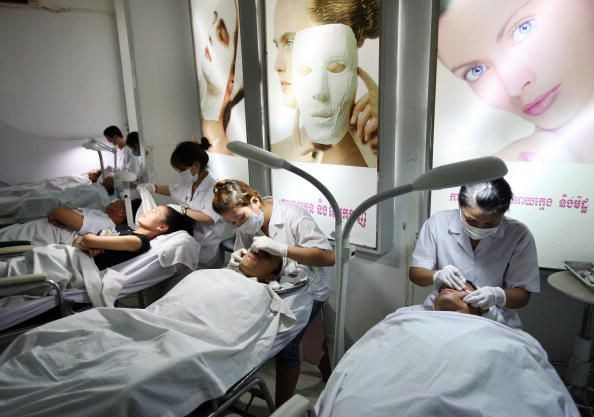Acne Diet: Foods To Eat And Not To Eat To Prevent Your Skin From Breaking Out

Acne is a natural skin condition with severities that vary per person. There are people who are more prone to having breakouts due to many reasons, including genetics, lifestyle, environment, and diet factors. It can refer to various skin conditions that include pimples, blackheads and whiteheads. Some people experience breakouts occasionally, while others are tormented by multitudes in a condition that can last many years.
Acne happens when the pores of the skin get clogged with dirt, oil or dead skin. It typically comes out as a teenager experiences puberty, because it is at this time when the oil glands produce more oil than usual as part of the hormonal changes. But acne can occur regardless of age as well.
Acne and the Types of Food You Eat
Does diet affect the emergence of acne? Are there certain types of food that will trigger them or, conversely, prevent acne from coming out?
There are specific foods that will increase your blood sugar, thus making you more prone to breakouts. The amount of sugar in the blood rises, your body automatically creates the hormone called insulin, which can then prompt the oil glands to produce more oil. This increased production is what scientists have observed to raise a person’s risk for acne. Foods that may trigger an insulin spike include sugar, white rice or bread and pasta. Chocolate has been popularly blamed for acne, though many studies have shown that they are not directly related.
The type of diet Americans enjoy can also be one of the reasons for a greater risk for acne formation. This is because many Western diets involve fatty and oily foods that contain trans fats, saturated fats, high-glycemic carbs and dairy products.
Good Food for Preventing Acne
Studies have shown that foods rich in complex carbohydrates are good for the skin. These include unprocessed veggies and fruits, whole grains and legumes. You should also look out for antioxidants, the mineral zinc, and vitamins A and E because these are good. Other diet choices that should also be part of your eating habit include whole wheat bread, brown rice, tomatoes, yellow and orange fruits and veggies, blueberries, salmon and other types of fatty fish, pumpkin seeds, quinoa and turkey. Never forget to drink plenty of water as well.
Of course, in addition to eating healthy, good skin is accompanied by a proper hygiene habit. You should also treat it to a good facial monthly, and support it with a daily skincare routine that includes cleaning, toning and moisturizing.
© Copyright IBTimes 2025. All rights reserved.





















